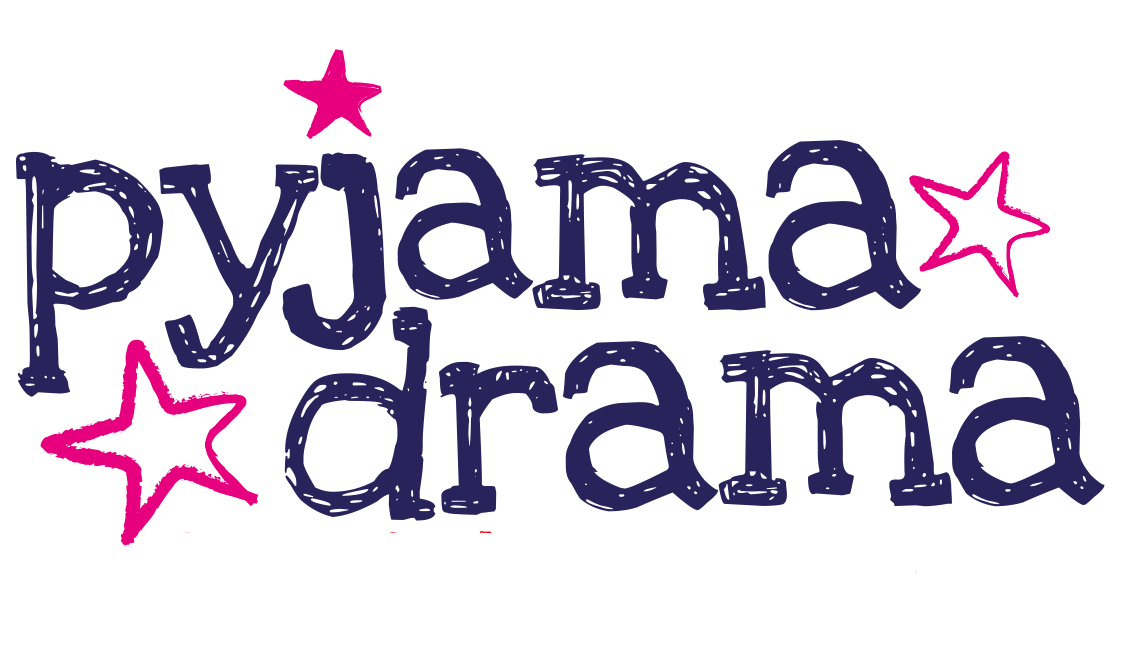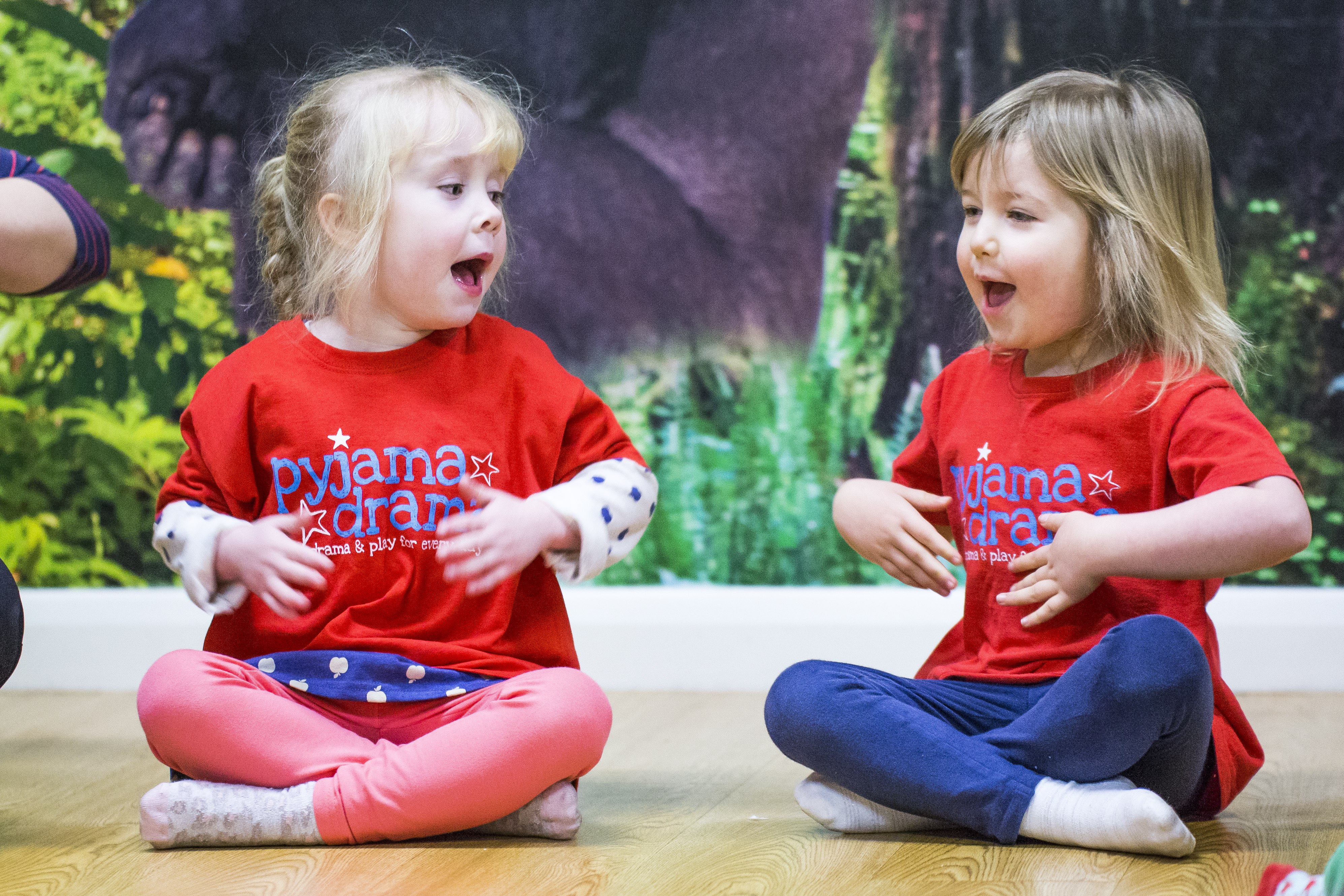4th July 2017
The seemingly boundless energy of a toddler or young child can tire even the most active of adults as they spill out into the world and through early childhood; first of all crawling, then cruising, toddling, walking then running, tumbling and exploring. The first year of a child’s life is a time of rapid and astonishing development, but it’s somewhere towards the end of a child’s second year that something truly magical happens – the imagination starts to unfold!
As well as being little balls of energy, young children also have the capability to become intensely engrossed in imaginary play with others, and in the make-believe worlds, they can so easily inhabit. This type of play is incredibly beneficial, and core to the Pyjama Drama programme; it’s why we employ a ‘child-led’ approach to drama.
It’s important to make clear that when we refer to ‘drama’ we aren’t talking about staging a play, rehearsing or dramatizing an idea – the drama in Pyjama Drama is simply ‘pretend’. And pretending is what young children do most instinctively and is the tool they use to learn. Pretending helps develop a child’s cognitive abilities as they imagine, re-enact or imitate new situations, requiring them to experiment with new vocabulary and employ creative thinking. It’s also highly physical; whether a child is walking a tightrope or taking Patch for a walk in the park, pretend play helps to develop fine as well as gross motor skills. And engaging in pretend play helps develop key social skills too - co-operation, confidence and concentration; skills vitally important if our children are to lead happy and independent lives outside of the home.
So, what does a ‘child-led’ approach to drama look like in a Pyjama Drama class?
1. First of all we create a place of safety by following a similar structure in class each week. Children learn best when they feel safe and secure.
2. Then the Pyjama Drama teacher creates an imaginary world, using nothing more than their own imagination and drama skills. All our teachers are highly trained in drama and don’t use props or costumes - quite simply because they don’t need them!
3. Finally (and this is when the magic happens), we encourage the children to lead the direction of the adventure themselves. We’re talking about children’s imaginations here so quite literally anything could happen, from getting chased by T-Rex to eating rainbow flavoured ice-cream with a fairy, but here’s a real-life exchange from a class delivered by the fantastic Christine Hudson from Huddersfield:
So, there I was, in the jungle with the children from Willows Day Nursery. We were all hiding under umbrellas because the baby monkeys (who had stolen our pirate treasure) were throwing bananas at us.
"How will we get our treasure back?" I asked.
"Here's a trampoline" said one of the children.
"Where did that come from?" says I.
"Wilkinsons!"
Find out more about the benefits of drama here, learn how you could work with us or join a class today, after all, 'Imagination will often carry us to worlds that never were. But without it we go nowhere' Carl Sagan (astronomer).
Have fun!


